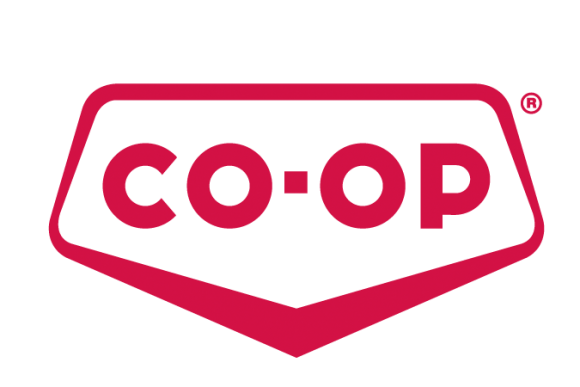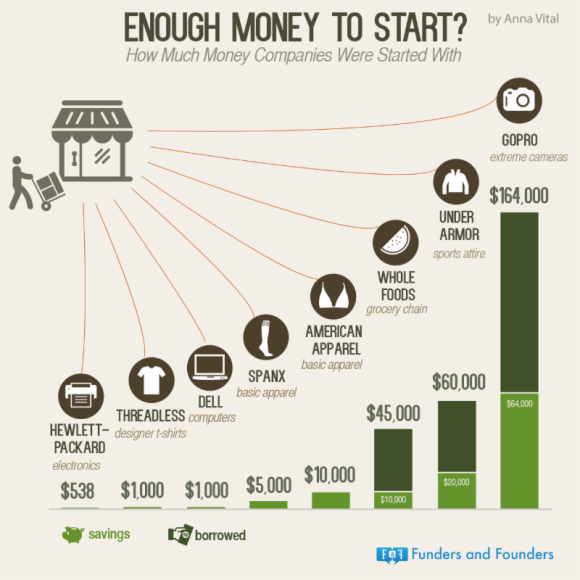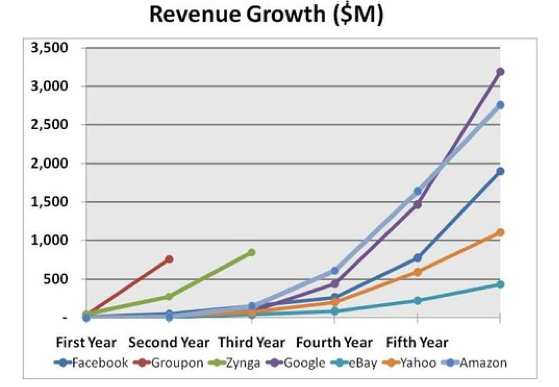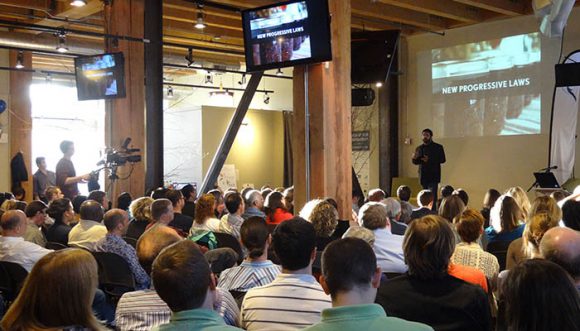
What is the story with the unicorns? Is there a tech investment bubble? What on earth is going in in the venture investing world? The short answer is that we’re at a crux of a paradigm. The paradigm wrapped around investing venture capital in startups. Few people I talk to know that venture capital, as practiced today, is a fairly new concept. People instead assume...


















